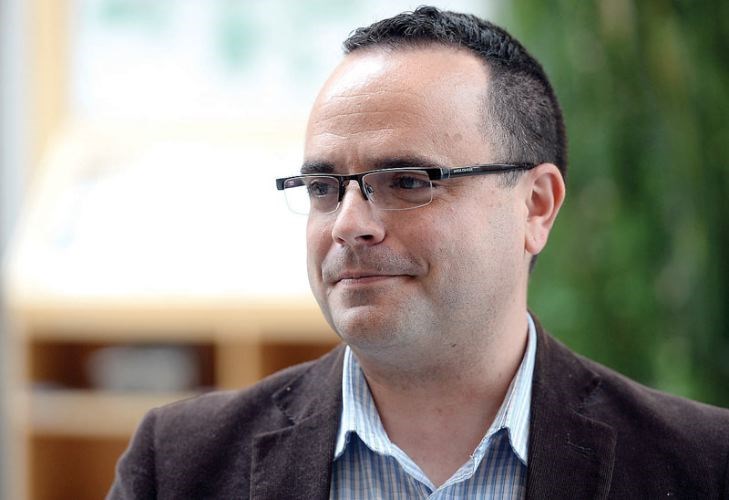His airline ticket says he's leaving on Tuesday.
Destination: Liberia.
While most people would avoid the Ebola hot spot, UNBC assistant professor of nursing Dr. Greg Thomas-Reilly isn't buying into what he calls the Ebola phobia and he's going there to help.
Taking a six-month leave of absence from his university post, and leaving his family behind, Thomas-Reilly will do a six-week-on, six-week-off schedule with a precautionary 21-day quarantine each time he returns home. He will follow all protocols before safely returning to Prince George.
"I will be working as part of a mission to train national health care staff in a very rural, under-serviced part of the country," said Thomas-Reilly, who has worked with infectious diseases, including SARS, HIV, and influenza for his entire career.
"So there's that education component but then there's the moral component and that compelling feeling that I don't want to look back 20 years from now and say where were you? On the safe line," Thomas-Reilly said with a shake of his head.
While in Liberia he will be sequestered in a camp for health staff and entry and exit is restricted. People have to come into the camp directly from a non-Ebola affected country.
"In terms of the work, there will be engagement with national Liberian healthcare staff and infection prevention control training and then I will be part of a rapid response team if any international healthcare staff in that area of the country become infected."
Thomas-Reilly, who started working at UNBC in April, said he must go because this is what he has trained to do, just like a soldier has been trained to go to war.
"It's important for me to go to the front line," he added.
Ebola isn't as infectious as other well-known illnesses, such as mumps or influenza, he pointed out. Ebola is transmitted to people from wild animals, like fruit bats and monkeys, and spreads in the human population through human-to-human transmission by direct contact with blood, secretions, and other bodily fluids of infected people, and through exposure to clothing and bedding contaminated by these fluids. Someone who has Ebola isn't contagious until they are quite sick. Incubation period is up to 21 days and people are not contagious during that time. Symptoms include a sudden onset of fever, weakness, pain in muscles, headache and sore throat and that's when the vomiting, diarrhea, and rash start and organs are affected like the liver and kidneys. The advanced symptoms are seen in those countries affected now.
"I'm fascinated by infectious diseases but I've got a good dose of fear of them which I think is necessary," said Thomas-Reilly. "I wouldn't want anyone working with me or around me who isn't humbled or scared by infectious diseases especially those like Ebola."



